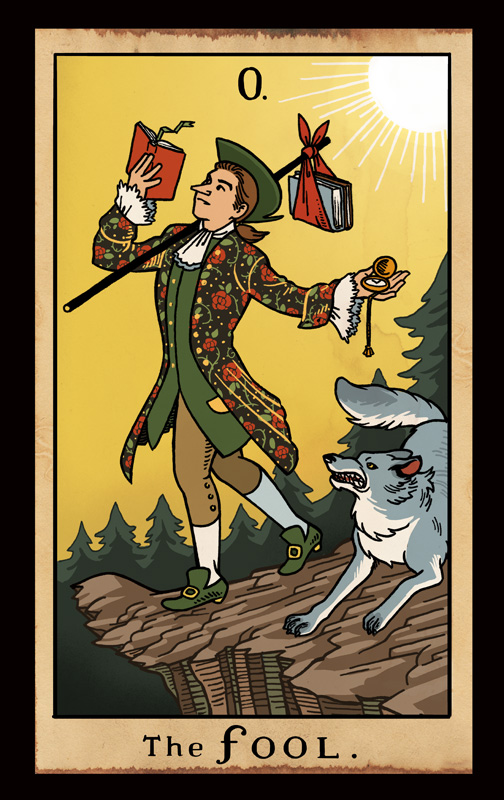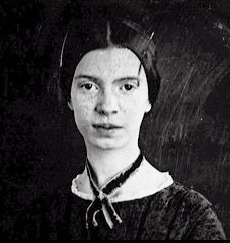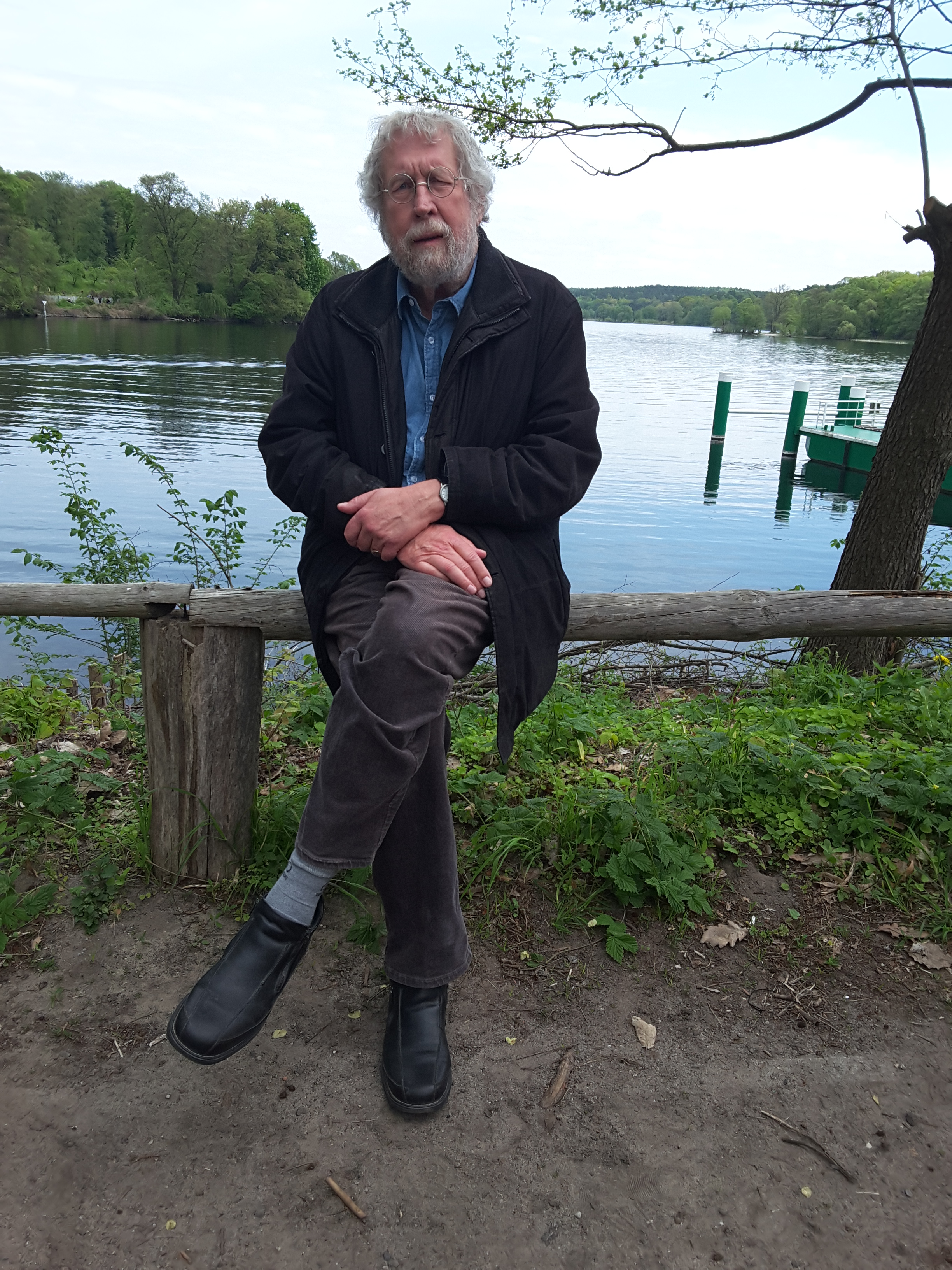Helen Vendler died on the 23rd of April and Marjorie Perloff March 24th. The poet and literary critic Adam Kirsch took this as an opportunity to write a eulogy for the Atlantic entitled “When Poetry Could Define a Life” (available here without a paywall). Reading the article elicited contradictory emotions. The first was regretting every snippy thing I’ve ever written about Helen Vendler. In Shakespeare In Love, Viola De Lesseps tells Shakespeare that she’s never heard him praise Marlowe before. Shakespeare answers: He wasn’t dead before. Have I mentioned that I have nothing but praise for Vendler? Anyway, I acknowledge that Kirsch was writing a eulogy and that there are certain rules attached to that, such as the assertion that no other, like the deceased, shall ever walk the Earth again. To wit:
…the loss of these towering scholars and critics feels like the definitive end of an era that has been slowly passing for years. In our more populist time, when poetry has won big new audiences by becoming more accessible and more engaged with issues of identity, Vendler and Perloff look like either remote elitists or the last champions of aesthetic complexity, depending on your point of view.
Not only is it the end of Vendler and Perloff, but the end of an entire era. Fine. I won’t begrudge them their epic-ending panegyrics. Seldom are we so richly praised as when we die. But this sort of sentiment always reminds me of the quip attributed to Charles de Gaulle: The graveyards are full of indispensable men. But anyway, what “era”? The era “when poetry could define a life“?
But that’s not what caught my attention. What did was Kirsch’s statement that readers are more engaged with poetry because of greater accessibility and issues of identity. But Kirsch’s “Becoming more accessible” could mean just about anything. A poem by Megan Fox is lexically “more accessible” than anything by John Ashbery, and while the poems of the bland and generic W.S. Merwin are numbingly accessible, they still aren’t as interpretatively accessible as instapoetry. As regards “issues of identity”, I’m just not seeing the evidence. Maybe on college campuses? But go to any Barnes & Noble (let alone any best sellers list) and the big new audience of the populist age is crying out for self-soothing and self-healing. Poets like Kaur, selling books in the millions, are cutting straight to the chase. Her latest book is a self-healing poetry workbook—literally a therapeutic instapoetry workbook. And if you went to that second link in the first paragraph above, (as of this writing) Microsoft Start offered a “related video” entitled “Author releases collections of poetry to support healing and personal growth (KRON San Francisco)”. I mean, you can’t make this stuff up.

And it’s striking how similar the poems of the instapoets are to Taylor Swift’s lyrics (or the other way around). Swift’s lyrics could easily fit between the covers of any self-help, self-actuating, self-affirming book by an instapoet.
I'm lonely, but I'm good
I'm bitter, but I swear I'm fine
I'll save all my romanticism for my inner life and I'll get lost on purpose
This place made me feel worthless
Lucid dreams like electricity, the current flies through me and in my fantasies I rise above it
And way up there, I actually love it
Or
sweetheart
honey
babygirl
cutie
these are not my name
and I am not yours
but you use intimate words
to give yourself a false sense
of dominance over me
these are bullets you keep ready
for when you feel threatened
by my feminine energy
The first is by Swift and the second by Bridgett Devoue.
And then there’s Megan Fox’s recently released book, Pretty Boys are Poisonous. If I sampled one of her poems, you would be hard pressed to distinguish it from Swift or Devoue. It may seem random to mention Fox’s book, but we all know that no other contemporary book of poetry has remotely sold like celebrity Megan Fox’s. Let’s be honest, there’s a theme running through Swift’s lyrics, the poems of the instapoets, and Megan Fox’s poetry (and none of them are engaged with “issues of identity”). A Goodreads reviewer, reviewing Fox’s poetry, said it best: “this feels like a great therapeutic and cathartic experience for her to be able to finally speak her truth.”
In short, contemporary poetry has emphatically not won big new audiences by engaging with issues of identity but by engaging with issues of therapy and catharsis. Poetry books are literally turning into therapeutic regimens and the poems into therapeutants. Perhaps one can argue that therapy and catharsis entails “issues of identity” but I’ve read Kaur and the other instapoets (about 3 minutes per book) and dealing with identity, in the academic sense of the word, ain’t it.
Kirsch next contrasts Vendler and Perloff’s very different outlooks on poetry. For Vendler, “the best poets use all the resources of language—not just the meaning of words, but their sounds, rhythms, patterns, and etymological connections.” For Perloff, he writes, her preferred poetry is “drawn [from] the avant-garde tradition in modernist literature, which she described in her book Radical Artifice as ‘eccentric in its syntax, obscure in its language, and mathematical rather than musical in its form.’” Vendler was the traditionalist while Perloff insisted, in Kirsch’s words, that poets “had a moral duty to resist [the bland co-option of words by television and advertising] by using language disruptively…”
This leads Kirsch to lament that the values of Vendler and Perloff, who felt that the study of “poetry was valuable in and of itself” have together given way to a “desperate” attempt at relevance by teaching —wait for it — wait for it— Taylor Swift.
Today college students are fleeing humanities majors, and English departments are desperately trying to lure them back by promoting the ephemera of pop culture as worthy subjects of study. (Vendler’s own Harvard English department has been getting a great deal of attention for offering a class on Taylor Swift.)
Consider that Bob Dylan won the Nobel Prize for Literature in 2016 (and by “Literature” we mean poetry), and we see a pattern. Dylan wins the Nobel Prize for Literature, Swift’s lyrics are being taught in Literature Departments, and the New York Times puts out headlines that read, The Artists Dismantling the Barriers Between Rap and Poetry.
What’s the take away? Have the last twenty years been, effectively, a repudiation of twentieth century poetics and criticism? Maybe? Finally? (That would be delightful—to me. I’m of the burn it all down and build it anew school of art. I find the latter 20th century to be as stultifyingly formulaic as the worst of the latter 19th century—the former for its vapid transparency and the latter for its vacuous opacity.) It might be argued that Sylvia Plath anticipated the twenty-first century’s use of poetry as therapy. Her poetry was nothing if not a “great therapeutic and cathartic experience” for her readers (though perhaps not for her—in the end). There’s also Robert Lowell, but who reads Lowell anymore? But poetry as the purview of academia’s high priests—namely Vendler and Perloff—has been repudiated at the sales counter. The “big new audience” of our “populist” times (is there the sniff of contempt in Kirsch’s appellation?) don’t want poetry that needs a Vendler or Perloff to explain it to them (and not that I don’t myself enjoy reading Vendler). Whole decades of twentieth century poetry written to the academic(?) taste for studied obscurity—largely pointless and unrewarding—are being confined to special order status. Is that good? Is that bad? Is poetry being improved by the Megan Fox’s of the world? Maybe not. Yet the history of art is the history of the rare genius only emerging on the shoulders of those with an equal passion, if not ability, for their art.
Lastly, Kirsch writes that there are “no obvious heirs to Vendler and Perloff in American poetry today”. William Logan might have an opinion as regards that assertion, and is still alive as far as I know. Besides that, here I am and here I’ve been—for well over a decade—writing, reading, and discussing poetry. I, and others like me, who devote themselves to the discussion and exploration of poetry, are the heirs to Vendler and Perloff. Kirsch qualifies his assertion by writing: “it seems unlikely that we will see a similar conjunction of scholarly authority and critical discernment anytime soon”. But what does he mean by “scholarly authority”? If he means having the imprimatur of academics like Kirsch, then no. Of interest in this regard, a New York Times essay entitled, Has Academia ruined Literary Criticism? Which writes:
“Professionalization, he argues, secured intellectual autonomy for criticism’s practitioners. They could produce knowledge about literature in a manner intelligible chiefly to others producing the same kind of knowledge—a project that became both increasingly specialized and increasingly justified by political concerns, such as race, gender, equality, and the environment. “This is a world in which some of us can specialize in the study of cultural artifacts, and within this category to specialize in literary artifacts, and within literature to specialize in English, and within English to specialize in Romanticism, and within this period to specialize in ecocriticism of Romantic poetry,” Guillory writes. The cost of this professional autonomy is influence. “How far beyond the classroom, or beyond the professional society of the teachers and scholars, does this effort reach?” he asks, knowing that the answer is: not far at all.”
But if not that, then he’s welcome to contrast and compare anything I’ve written to Vendler or Perloff in terms of scholarship. If I’ve made a mistake, I’ll correct it. If he finds nothing to complain about, then may he be as amenable to correction. Which is to say, poetry still defines my life, thank you very much.
And that’s my opinion about that.










